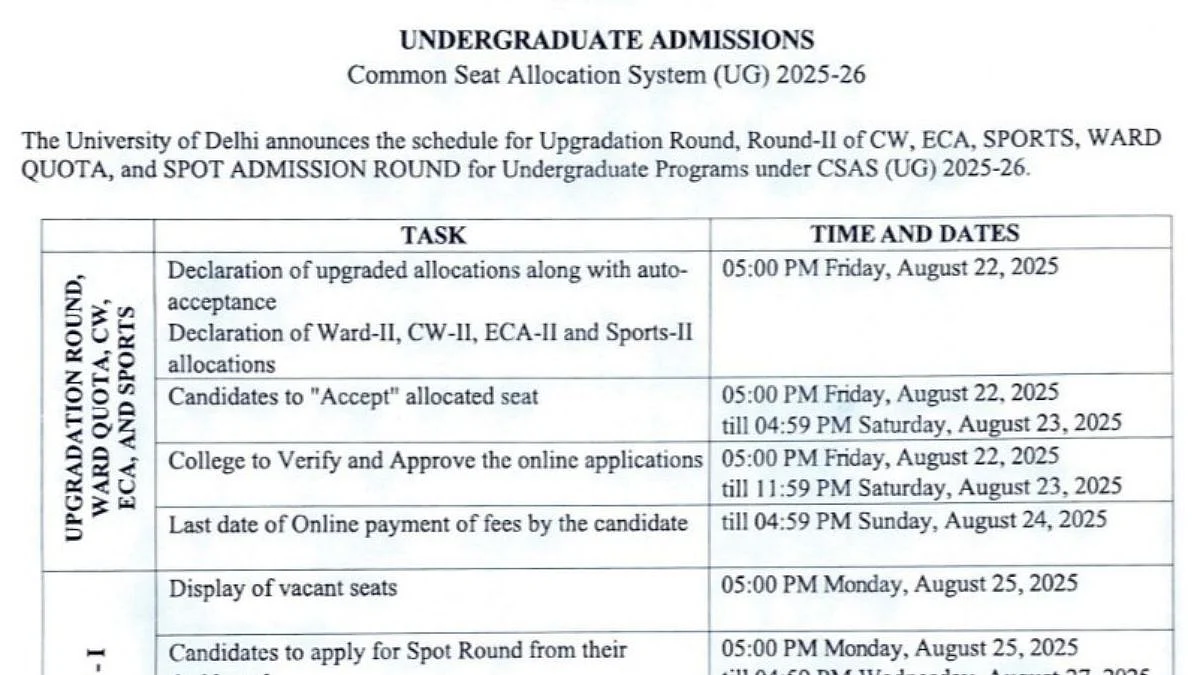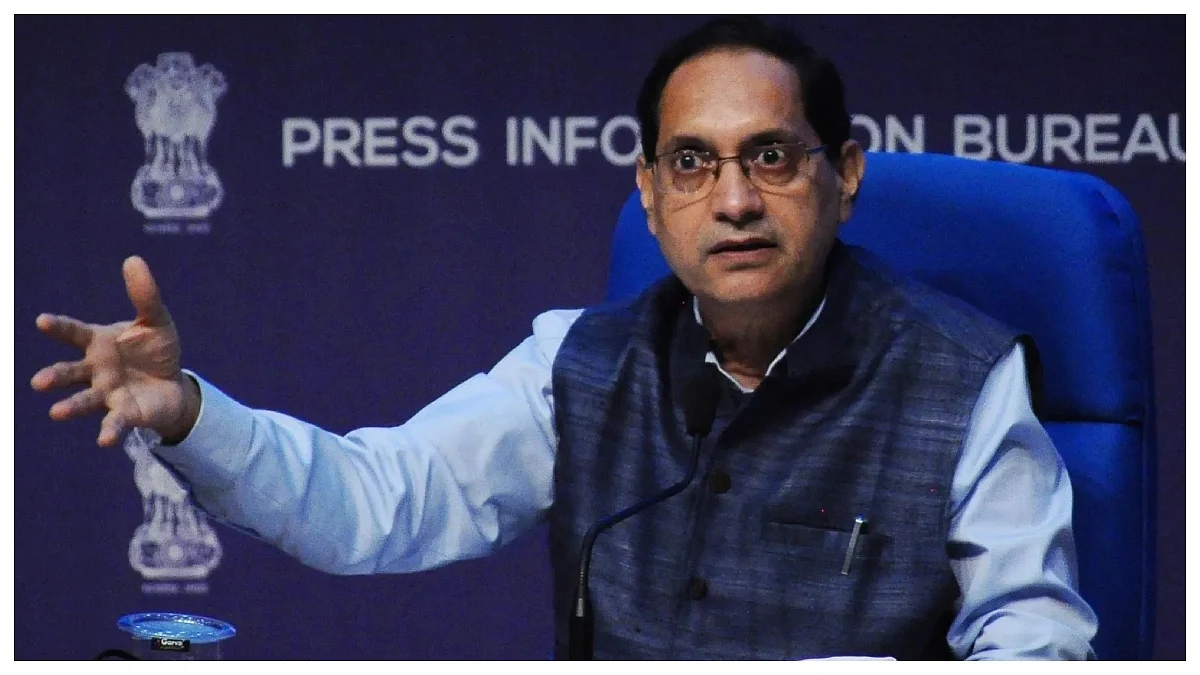The Reserve Bank on Thursday set up the second Regulatory Review Authority (RRA 2.0) with a view to streamlining regulations and reducing the compliance burden of regulated entities.
Reserve Bank of India Deputy Governor M Rajeshwar Rao has been appointed as the Regulations Review Authority, the central bank said in a statement.
The RBI had set up a Regulations Review Authority (RRA) initially for a period of one year from April 1, 1999, for reviewing regulations, circulars, reporting systems, based on the feedback from public, banks and financial institutions.
The recommendations of the RRA enabled streamlining and increasing the effectiveness of several procedures, simplifying regulatory prescriptions, paved the way for issuance of master circular and reduced reporting burden on regulated entities.
"Considering the developments in regulatory functions of the Reserve Bank over the past two decades and evolution of the regulatory perimeter, it is proposed to undertake a similar review of the Reserve Bank's regulations and compliance procedures with a view to streamlining/ rationalising them and making them more effective," it said.
Accordingly, it decided to set up RRA 2.0 to review the regulatory prescriptions internally as well as by seeking suggestions from the RBI-regulated entities and other stakeholders on their simplification and ease of implementation.
The RRA would be set up for a period of one year from May 1, 2021, unless its tenure is extended by the Reserve Bank.
"The RRA will engage internally as well as externally with all regulated entities and other stakeholders to facilitate the process," the central bank said.
The RRA 2.0 will focus on streamlining regulatory instructions, reduce compliance burden of the regulated entities by simplifying procedures and reduce reporting requirements, wherever possible, it added.
The panel will recommend ways to make regulatory and supervisory instructions more effective by removing redundancies and duplications.
To reduce the compliance burden on regulated entities by streamlining the reporting mechanism; revoking obsolete instructions if necessary and obviating paper-based submission of returns wherever possible, is another major terms of reference of the panel.
It will also obtain feedback from regulated entities on simplification of procedures and enhancement of ease of compliance.










